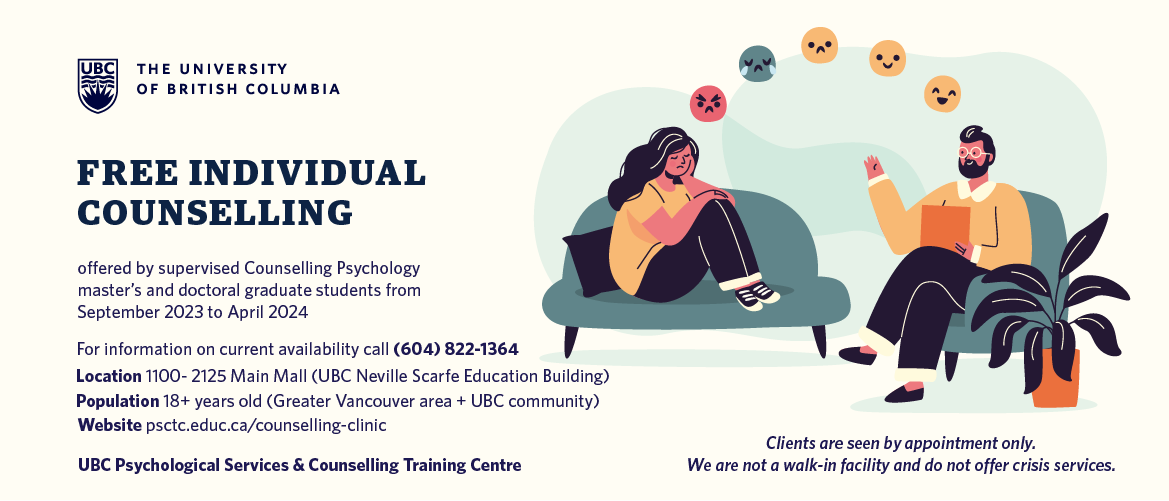Just How Psychological Therapy for Teenage People Can Foster Emotional Strength
Mental therapy for teenagers functions as a crucial source in attending to the special emotional challenges they encounter. It produces a safe space for them to discover their sensations and thoughts. Via different therapeutic strategies, teenagers can develop essential coping approaches. This process not only help in managing stress and anxiety however also boosts their communication abilities. As they browse these formative years, the concern remains: just how can these skills form their future interactions and health?
Comprehending the Unique Difficulties Facing Teens
Although adolescence is usually celebrated as a time of development and discovery, it is additionally marked by a myriad of special challenges that can considerably impact psychological health. Teens navigate a detailed landscape characterized by hormonal adjustments, peer pressure, and the quest for identification. The pressure to succeed academically and socially commonly results in enhanced stress and anxiety. The quick evolution of technology has introduced problems such as cyberbullying and social media contrasts, worsening sensations of insufficiency and seclusion.
In addition, family dynamics can shift drastically throughout this duration, with disputes developing as teens look for self-reliance. Several additionally face social assumptions that can really feel frustrating. These consolidated aspects produce a complicated emotional environment, making it vital to acknowledge and deal with the particular challenges teenagers face. Understanding these battles is essential for cultivating helpful environments that promote emotional strength and healthy and balanced advancement during this pivotal life phase.
The Function of Mental Treatment in Resolving Psychological Struggles
Psychological therapy plays a crucial function in helping young adults navigate their psychological struggles, as it supplies a safe room for them to express their sensations and thoughts. Lots of adolescents deal with difficulties such as anxiousness, anxiety, and peer stress, which can result in frustrating emotions. Via therapy, they can verbalize these sensations and begin to recognize their roots.
Specialists help with open conversations, enabling teens to discover their emotional landscape without judgment. This process cultivates self-awareness, allowing them to acknowledge patterns in their ideas and behaviors. Individual Therapy Toronto. In addition, mental therapy can assist teens develop insight into their psychological responses, promoting healthier coping systems
As they obtain a better understanding of their emotions, teenagers commonly locate it easier to manage tension and browse social partnerships. On the whole, mental therapy functions as an important intervention, equipping teens to resolve their psychological battles and construct a structure for strength.
Structure Coping Approaches Via Healing Practices
Therapeutic practices equip teenagers with effective coping strategies to manage their emotional obstacles. Via numerous techniques, such as cognitive behavior treatment and mindfulness methods, teens discover to determine triggers and develop customized reactions. These practices encourage self-awareness, permitting people to acknowledge unfavorable thought patterns and change them with positive choices. Furthermore, therapy frequently involves role-playing and scenario evaluation, which supply useful frameworks for handling real-life scenarios.
Group therapy sessions can better boost learning by cultivating peer assistance and shared experiences, reinforcing that deal with similar battles. As teens implement these approaches, they develop resilience, allowing them to navigate stress factors a lot more efficiently. This aggressive technique to emotional wellness not only help in instant coping but likewise lays the groundwork for lasting emotional security. Ultimately, outfitting young adults with dealing methods through restorative practices cultivates a feeling of company and empowerment in handling their mental wellness.
Enhancing Communication Abilities and Self-Expression
Effective communication and self-expression are crucial elements of psychological well-being for teens. Psychological therapy supplies an encouraging environment where teens can learn and practice these abilities. Via therapeutic methods, young adults are encouraged to verbalize their ideas and sensations, promoting a much useful source deeper understanding of their feelings. This process promotes energetic listening, permitting them to involve better with others, therefore enhancing interpersonal connections.

Long-Term Advantages of Emotional Durability in Adolescence
While traversing the challenges of teenage years, the advancement of psychological durability can produce considerable long-term benefits for young adults. Resistant people are better geared up to deal with stress, which can lead to boosted psychological health and wellness outcomes in adulthood. They usually experience reduced rates of anxiety and clinical depression, cultivating a much more positive expectation on life.
Furthermore, emotional strength improves interpersonal partnerships, as these people tend to connect a lot more efficiently and deal with problems with higher ease. This capacity contributes to more powerful social media networks and support group, which are crucial during challenging times.
Additionally, resilient young adults are more probable why not try here to accept challenges as possibilities for growth, bring about enhanced scholastic and professional success. Ultimately, the growing of emotional durability throughout adolescence lays a structure for long-lasting coping techniques, encouraging people to navigate future misfortunes with self-confidence and adaptability.
Often Asked Inquiries
How Do I Know if My Teen Requirements Treatment?
Signs a teen might require treatment include consistent despair, withdrawal from tasks or close friends, radical changes in behavior, decreasing scholastic performance, and difficulty handling feelings. Observing these signs can motivate factor to consider for professional support.

What Types of Treatment Are Many Efficient for Young adults?
Cognitive Behavior Modification (CBT), Dialectical Habits Therapy (DBT), and art or play treatment are amongst one of the most reliable approaches for teens, assisting them establish dealing abilities, boost psychological regulation, and express themselves in constructive ways.
Exactly How Can Parents Support Their Teen During Therapy?
Parents can support their teen during therapy by actively listening, validating their feelings, maintaining open communication, encouraging engagement in sessions, and cultivating a secure setting where the teenager really feels comfy reviewing their emotions and thoughts.
Exist Any Kind Of Threats Connected With Teen Treatment?
Yes, dangers related to teenage therapy consist of possible psychological discomfort, miscommunication between specialist and teenager, reliance on therapy, or exposure to inappropriate subjects. In addition, not all specialists may have the required experience with adolescent concerns.
The Length Of Time Does Therapy Typically Last for Young Adults?
Treatment duration for teenagers commonly varies from a few weeks to numerous months, relying on private needs, objectives, and the particular issues being resolved. Individual Teen Counselling. Procedure usually take place weekly, promoting steady development and emotional growth
Mental treatment for teenagers offers as a crucial source in dealing with the one-of-a-kind emotional obstacles they deal with. Psychological therapy plays an essential function in aiding teens browse their emotional battles, as it provides a risk-free room for them to reveal their sensations and thoughts. Signs a teen might need treatment consist of persistent despair, withdrawal from buddies or tasks, drastic modifications in actions, declining academic efficiency, and trouble managing emotions. Yes, dangers linked with teenage therapy consist of possible emotional discomfort, miscommunication between specialist and teenager, dependency on therapy, or exposure to improper subjects. Treatment duration for teenagers usually varies from a couple of weeks to several months, depending on individual requirements, objectives, and the details concerns being addressed.